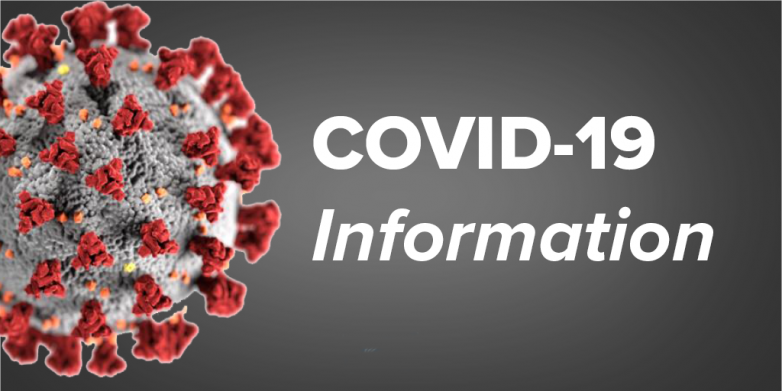Antibody infusion clinics at Advent Hendersonville and Pardee Hospital receive $500k to help treat COVID-19 patients.

Federal pandemic recovery money is being used in a literal sense in Henderson County, where officials have allocated a portion of the county’s American Rescue Plan Act funds to establish COVID-19 monoclonal antibody infusion clinics.
During August and September meetings, the Henderson County Board of Commissioners voted to use up to $500,000 of the county’s $22.8 million in ARPA funds on infusion clinics at AdventHealth Hendersonville and Pardee Hospital.
Despite being the recipient of the second-largest amount of ARPA funds in Western North Carolina, Henderson County had not used the federal money on any other projects as of February, county spokesperson Kathryn Finotti said.
In contrast, Buncombe County, which received the largest amount of federal COVID funding in the region, had spent more than $23 million, or about 45%, of its ARPA money by the start of February, its COVID recovery spending page showed.
“The Board of Commissioners continues to work with community leaders to advocate for the best use of the ARP funding (in Henderson County),” Finotti said.
Infusion clinics in Hendersonville hospitals
Pardee and AdventHealth have been infusing COVID-positive patients with antibodies in their emergency departments since early in the pandemic. However, in August, with the delta variant causing cases to skyrocket, the logistics of an emergency department doubling as an infusion clinic became more difficult to navigate.
“Our emergency department got really busy with COVID patients,” said Dr. Teresa Hebert, AdventHealth Hendersonville chief medical officer.
“We were identifying patients who needed infusion and treating them in the emergency department, but that was causing delays in care because we didn’t have enough room for all the patients.”
Pardee encountered the same issue with demand for antibody infusion having “quickly outpaced both space and capacity within the emergency department,” said Carol Stefaniak, Pardee’s vice president of clinical services and chief nursing officer.
S0 in August, hospital officials decided to establish an independent space for antibody infusions, which, according to the N.C. Department of Health and Human Services, are given to high-risk COVID-19 patients within seven days of testing positive for the virus.
Henderson County steps in
Shortly after the hospitals created the clinics — Pardee’s inside the hospital and AdventHealth’s in a hospital-owned building across the street from the main facility — the Henderson County Board of Commissioners approved using ARPA to offer the hospitals financial support. Pardee’s clinic has since moved to the Mission Pardee Health Campus on Hendersonville Road in Fletcher.
According to the county’s current contracts with the hospitals, Henderson will pay up to $250,000 in staffing costs for the infusion clinics through June 30. Pardee and AdventHealth pay infusion clinic workers $50 per hour.
Since the federal government provides antibodies to hospitals, staff pay was a welcome piece of assistance, as finding clinic workers has been a “major challenge,” Herbert said.
“It’s a pretty labor-intensive process,” she said about the antibody infusion.
“You need a skilled nurse or EMT to administer it and to sit with (the patients), and then you need people trained in emergency management in case a patient has an emergency reaction or any other complications with COVID.”
The need for a clinic
Though COVID-19’s prevalence has waned over the past two years and demand for antibody infusions has ebbed and flowed, Hebert and Stefaniak said access to monoclonal antibodies is an important part of fighting the pandemic.
“For some people, they are the best thing,” Hebert said about the antibodies.
“Very vulnerable people who are immunocompromised are the most likely to be hospitalized, so using the treatment for them is really important to keep them out of the hospital. I don’t see the infusion as an option going away anytime soon.”



